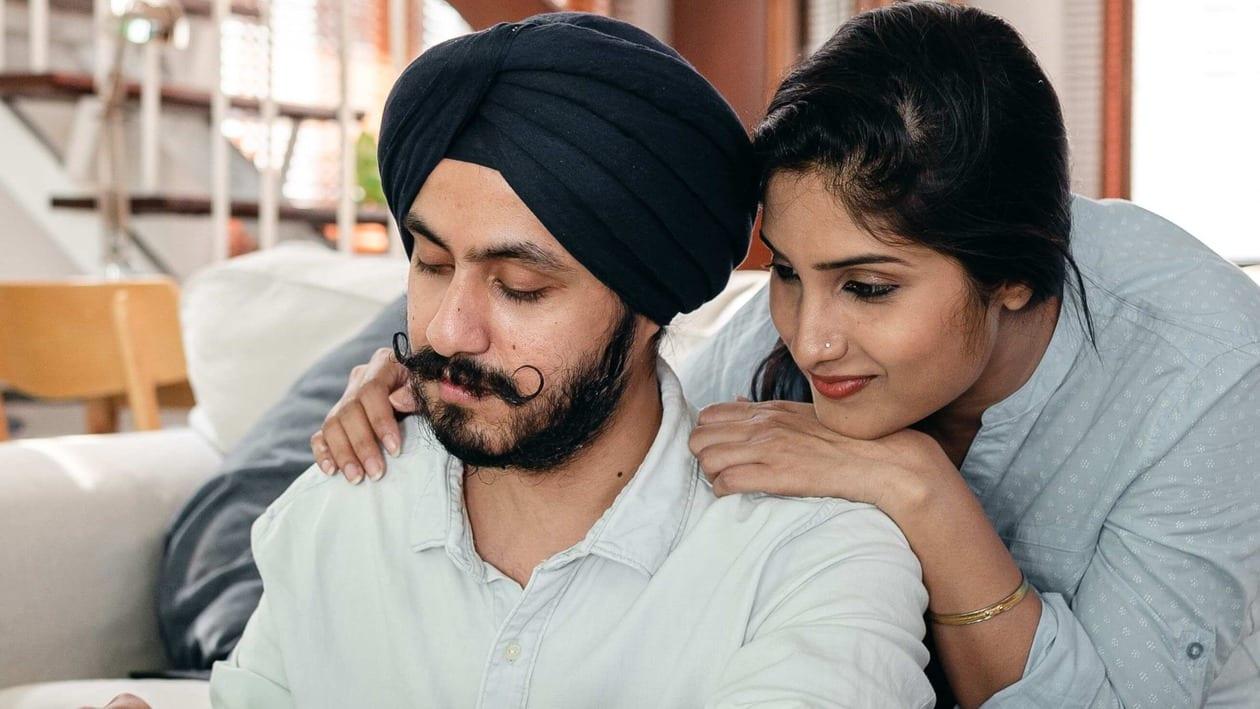As the financial markets are volatile, inflation is reaching historic levels and the ongoing Russia-Ukraine war has put all economic projections in jeopardy; spending on the products and gadgets which are avoidable, or at least deferrable, is certainly not a good idea.
Instead you can use the same money to buy the dips, as Mitul Shah, head of research, Reliance Securities, said in an interview to MintGenie. This way, you won't regret later for not making the most of the current market correction.
When you spend your hard-earned money on discretionary products such as the latest smartphone, the new version of kindle, or on the travel package to an exotic destination — you are sure to get a sense of pleasure. However, when you continue to do so, you may not enjoy the same degree of pleasure.
This concept, in economics, is commonly known as ‘diminishing marginal utility’. In other words, the pleasure you get after buying your first DSLR (Digital Single Lens Reflex) camera would be more than what you will get after the second purchase of a similar kind.
Similarly, your second trip to Singapore will be relatively less satisfying than the first one, thus giving you a reason to explore more exotic destinations – say Europe — to achieve the same amount of pleasure in future.
Compulsive purchase
In psychiatric terms, however, this is even more complex. Compulsive buyers tend to feel a sense of pleasure because their brain releases a neurotransmitter called dopamine – a term commonly linked to addictions.
But after continuing with this habit for some time, the dopamine production decreases significantly. So, in order to get the same amount of pleasure, the compulsive buyer tends to buy even more.
There is a common practice of buyers to get carried away by influencers or celebrities, and they want to emulate them by buying expensive gadgets, mobile phone, or designer clothes.
“Compulsive purchases give you a sense of instant gratification. If you think you need to buy a product only because of curiosity or merely for the sake of an ongoing trend, then you can keep it in your online shopping cart. And after a month, you can buy it if you still think you need it,” says Monica Sharma, a Delhi-based psychologist and therapist.
How to curb the urges?
Monica Sharma shares a number of useful tips to curb the urges of spending by compulsive buyers. “People who have these urges to spend can allocate a small portion of money, say ₹2,000 at the beginning of the month and make sure not to cross that threshold. And remember that these expenses vary from person to person. For some people, expenditure on fashion is wasteful and they don’t overspend on it but they tend to overspend on books or plants,” says Ms Sharma.
“Another way to curb these expenses is to avoid the use of credit card. When you pay in cash, you perfectly understand the amount of money that goes out of your pocket whereas in case of credit card, there is a tendency to overspend,” she says.
Another way of moderating excessive spending is to engage in any of the leisure activities that you are likely to enjoy. You are more inclined to spend on passion assets when you are bored or not actively engaged in any activity.
Let us suppose you find reading quite enriching. Then, allocating more of your leisure to reading books purely for leisure instead of focussing on what new discretionary assets you can buy next could temper your excessive spending.
You should also try and maintain a separate bank account to make avoidable expenses.
Also, there could be a possibility that you have a heightened urge to spend as a fallout of pandemic. There are quite a few cases where some people resorted to travel, shopping, acquiring assets which they don’t need to make up for the frustration arising out of unprecedented lockdown.
If that is the case, you can wait for the things to turn completely normal. With the passage of time, your temptations to make purchases will also decrease.
As they say time is the biggest healer.
